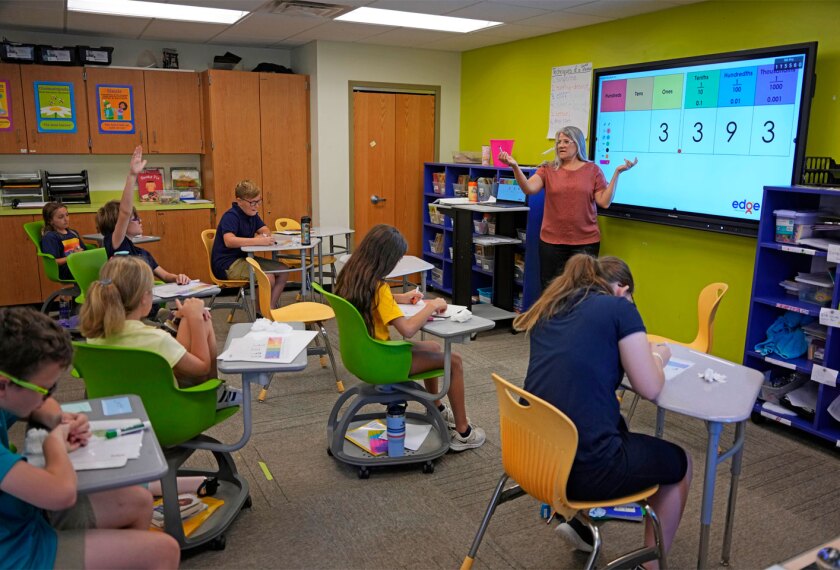A judge in central Illinois has ruled that a 1st grader may continue using an autism helper dog in school, the Associated Press says.
Judge Chris Freese, of Douglas County, Ill., ruled earlier this week that the dog should be considered a service animal, which means it’s allowed in school under state law. The student’s family argued the dog is akin to a seeing-eye dog for a person who is blind, and said it helped keep the boy calm and safe. For example, the dog helped prevent him from running out into cars in the parking lot, the AP story says.
The Villa Grove school district had opposed the dog’s presence, claiming that it’s not really a service animal, and that it would be difficult to balance the boy’s need for the dog with the needs of other children who might have allergies or fear of dogs.
The issue of service animals for students with autism has been grabbing headlines this year. Similar lawsuits have been filed on behalf of children with autism in other states, including California and Pennsylvania, the AP says.




